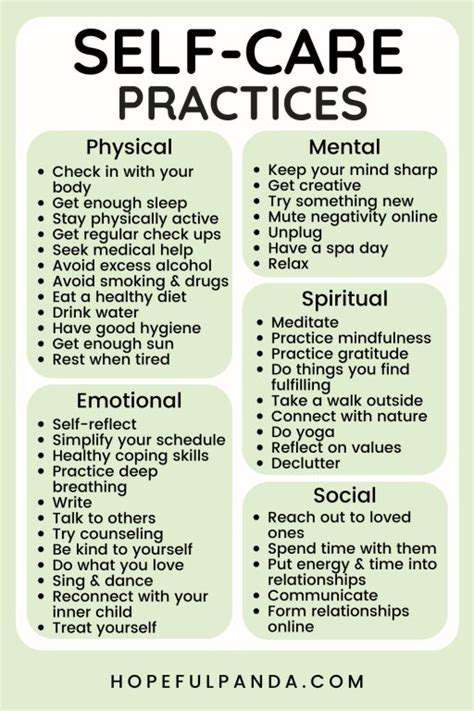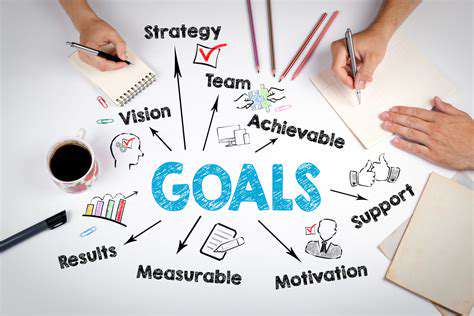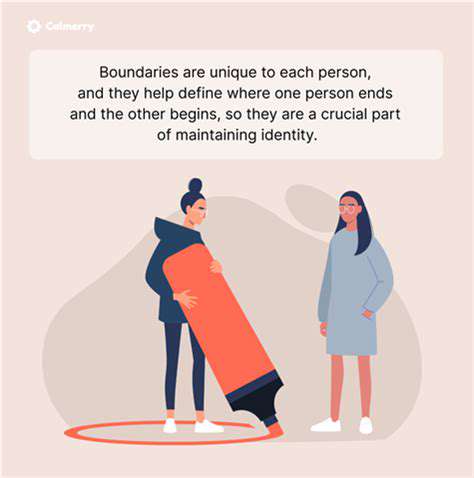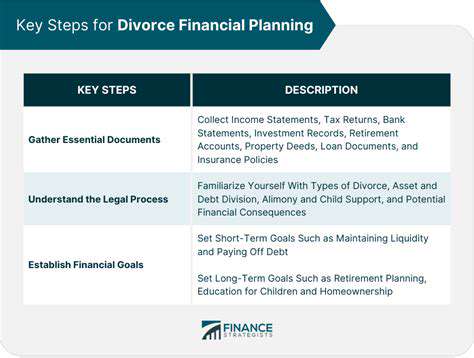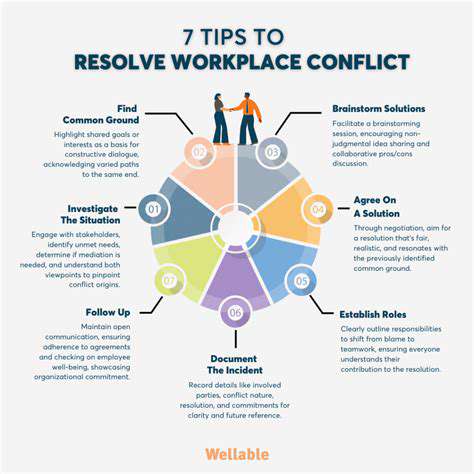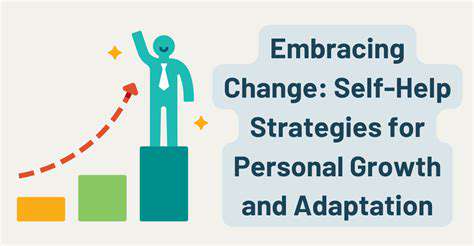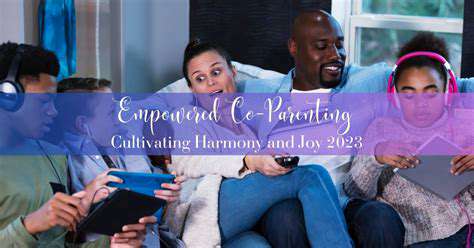how to prepare mentally for breakups
Developing a Support System
Isolation can make heartbreak feel even worse. Humans are wired for connection, especially during tough times. But be selective - surround yourself with people who truly listen without judgment and who want what's best for you. If friends or family aren't available, consider joining a support group where others understand exactly what you're going through.
Planning for the Future
While it's important to grieve, don't get stuck there forever. Your life isn't over - it's just changing direction. Start small: maybe there's a hobby you put aside during the relationship, or a place you've always wanted to visit. These little plans become stepping stones to creating a life that excites you again.
Developing Emotional Awareness and Self-Compassion
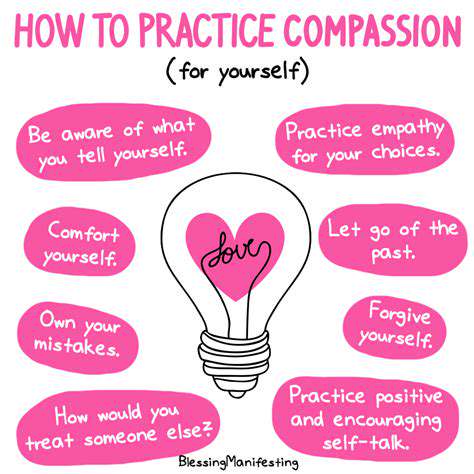
Understanding Your Emotional Landscape
Emotions can be messy and confusing, like trying to read a map in a language you don't understand. The first step is simply noticing what you're feeling without judging it. Keep a small notebook and jot down emotions as they come up throughout the day. Over time, you'll start to see patterns emerge - certain situations that consistently trigger specific feelings.
Identifying Emotional Triggers
We all have our emotional landmines - maybe it's criticism, or feeling ignored, or certain places that remind you of painful memories. When you can predict an emotional storm coming, you can prepare for it. If you know seeing your ex's favorite coffee shop will ruin your morning, maybe take a different route to work for a while.
Recognizing Emotional Patterns
Do you tend to withdraw when hurt? Lash out when scared? These are your emotional fingerprints. Seeing these patterns is like having the cheat codes to your own psyche. Once you recognize them, you can start choosing different responses instead of automatically reacting the same old way.
Managing Emotional Responses
When emotions feel overwhelming, try the 5-4-3-2-1 technique: Name 5 things you can see, 4 you can touch, 3 you can hear, 2 you can smell, and 1 you can taste. This simple exercise grounds you in the present moment, giving intense emotions space to settle rather than controlling your actions.
Applying Emotional Awareness in Relationships
Understanding your own emotions makes you better at reading others'. It's like developing emotional x-ray vision - you start to see beneath surface behaviors to the feelings driving them. This doesn't mean you'll always get it right, but it creates more authentic connections.
The Benefits of Emotional Awareness
People who understand their emotions make better decisions across the board - from career moves to financial choices. It's the difference between reacting to life and consciously shaping it. This skill becomes especially valuable when you're ready to date again, helping you choose partners who truly align with your needs.
Practicing Self-Care and Mindfulness

Prioritizing Self-Care for Overall Well-being
Real self-care isn't Instagram-worthy - it's the unglamorous but essential stuff like drinking enough water and saying no to things that drain you. Treat your body like it belongs to someone you love deeply, because it does - it belongs to future you. Small, consistent acts of care compound over time into significant wellbeing.
Cultivating Mindfulness in Daily Life
Mindfulness doesn't require sitting cross-legged for hours. It can be as simple as really tasting your morning coffee instead of gulping it down while scrolling through your phone. These tiny moments of presence add up, creating space between stimulus and response where better choices live.
Try this: Pick one routine activity (like brushing your teeth) and do it with full attention for a week. Notice how this simple practice begins to spill over into other areas of your life, transforming mundane moments into opportunities for presence.
